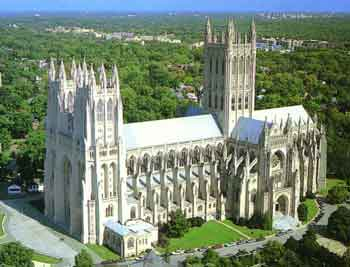
(by Jordan Pendergrass)
The United States Constitution addresses the issue of religion in Article VI and the First Amendment. Article VI, paragraph 3 of the Constitution states: “The senators and representatives before-mentioned, and the members of the several state legislatures, and all executive and judicial officers, both of the United States and of the several states, shall be bound by oath or affirmation, to support this constitution; but no religious test shall ever be required as a qualification to any office or public trust under the United States. The First Amendment to the Constitution states: “Congress shall make no law respecting an establishment of religion, or prohibiting the free exercise thereof; or abridging the freedom of speech, or of the press; or the right of the people peaceably to assemble, and to petition the Government for a redress of grievances.”
By virtue of these two provisions, the United States promises freedom of religion. Originally these provisions applied only to the federal government, but following the ratification of the Fourteenth Amendment to the Constitution state and local governments became obligated to preserve the freedom.
In the United States the right to religious freedom is not absolute. The Constitutional protections to religious belief and practice have been and will continue to be defined by the government as it responds to church-state issues. Additionally, while not under the auspices of the law, private citizens and organizations can contribute to or detract from the exercise of the right to religious belief or practice.